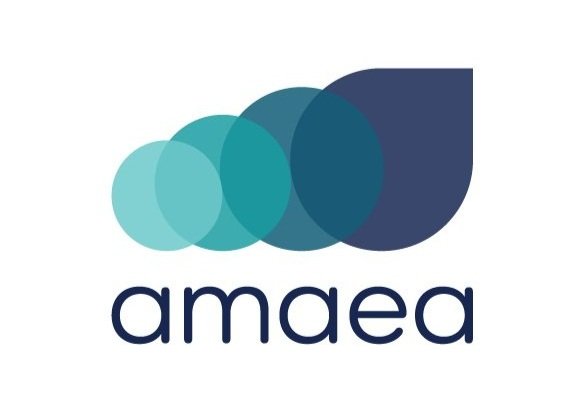Unlocking innovation: How our MIPs are revolutionizing filtration in science and winemaking
Above: amaea’s first-of-its kind molecularly imprtined polymers
In the realm of filtration technology, molecularly imprinted polymers (MIPs) stand out as a game-changer. Developed by amaea, these ingenious filters possess the ability to selectively capture specific molecules from liquids, at commercial scale.
Traditionally, MIPs were confined to small-scale applications due to manufacturing, processing, and functionality limitations. However, at amaea, we've broken down these barriers, pioneering the production of MIPs in formats that enable large volumes of liquids to be processed. This breakthrough opens the floodgates for industrial-scale applications across diverse sectors.
What sets our MIPs apart are their tailored imprints, designed to match the shape and functionality of target molecules. This precision allows our MIPs to selectively capture desired compounds from liquids.
A compelling example of our MIPs in action is our solution for remediating smoke impacted wine. Leveraging the selective nature of MIPs, our technology team developed amaea VPx, specifically engineered to target capturing the volatile phenols responsible for smoke aroma and flavor in affected wines.
Proven to reduce smoke markers by up to 80%, amaea VPx excels at targeted removal, restoring the wine's varietal character and body. Compared to traditional methods like reverse osmosis, the high selectivity of MIPs ensures unparalleled precision and accuracy, maintaining the sensory profile and quality of the treated wine to exceptional standards.

